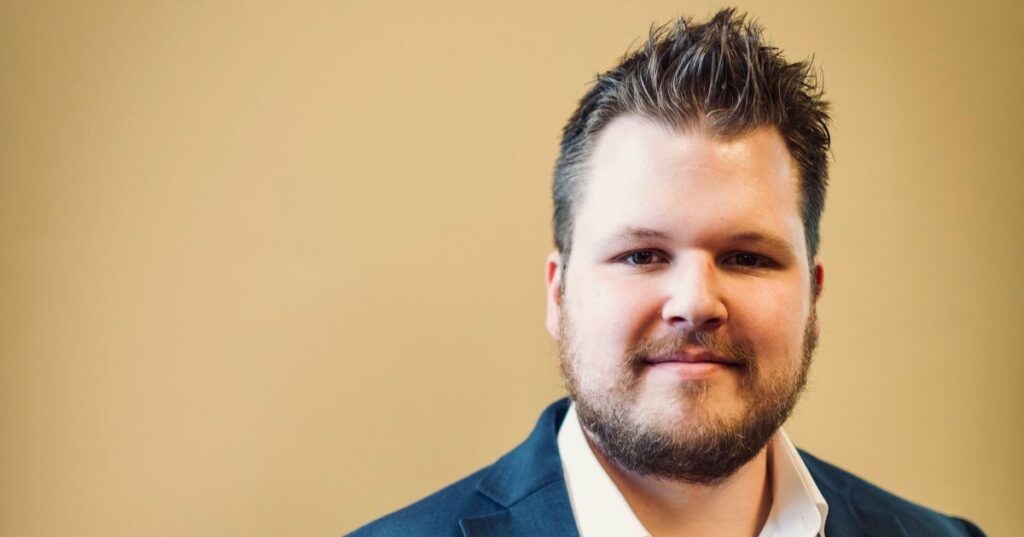The rise of legalized sports gambling has exposed a two-tier criminal problem: old-school illegal poker rings running tech-driven scams and a deeper threat where players and coaches allegedly manipulate NBA games to benefit bettors. This article walks through how the legal landscape changed, what federal investigators have found so far, and why the league’s reputation and the public’s trust are on the line. It also lays out the big policy question about whether opening the doors to widespread betting was worth it. The issue touches law enforcement, league oversight, and the everyday fan who expects honest competition.
The change began after the Supreme Court decision in Murphy v. National Collegiate Athletic Association that allowed states to legalize sports betting. That ruling put betting in the palm of your hand, and regulators, leagues, and fans were caught flat-footed. Once mobile apps and easy wagers took off, the incentives for organized crime and crooked insiders changed overnight. We never really built the protections we needed for that new reality.
Federal investigators led by Kash Patel’s FBI have uncovered two distinct criminal layers, and both are serious. The first involves illegal poker operations that used technology and sleight of hand to cheat players out of large sums. Organized crime ties and elaborate scams turned what should have been low-level hustles into coordinated schemes that targeted vulnerable bettors and took advantage of gaps in enforcement.
The second layer is more dangerous because it hits the integrity of pro sports directly: prosecutors allege coaches and players in the NBA intentionally faked injuries and altered performance to tilt game outcomes. When participants who control outcomes can be bought or coerced, betting markets stop reflecting true competition. That is the point at which gambling stops being a private vice and becomes a public threat to the fairness of American sport.
There’s a historical shadow here with the Tim Donaghy scandal, and that makes this feel eerily familiar. Donaghy’s case showed how a single corrupt official could damage public trust in a league, and the current allegations risk doing the same on a wider scale. The stakes are different now because the betting infrastructure is vast, real-time, and deeply integrated with marketing deals and league partnerships. Those commercial ties complicate how the league should respond when its own people are implicated.
The FBI and DOJ say they have evidence that specific NBA games were targeted and manipulated for betting gains. In some instances, sportsbooks noticed odd betting patterns right away, which is why book operators flagged the wagers that seemed to come from unlikely bettors. told Rich Eisen’s show that the moment these wonky bets were entered into the system, the sportsbooks noticed them. The books’ ability to spot irregularities is a credit to their monitoring, but it also highlights how much damage can be done before anyone outside those systems catches on.
Reports say the league investigated and temporarily removed players while questioning them, and in some cases the teams were told they were cleared. That is not the same as a prosecutor’s decision, and it doesn’t end the legal exposure. If grand juries or trial juries start returning convictions or plea deals, the league could face subpoenas, depositions, and public testimony about what it knew and when. That’s a legal and reputational minefield the NBA can ill afford.
The conflict of interest is plain: leagues, networks, and even individual franchises have lucrative relationships with sportsbooks and betting sponsors. Those deals flood arenas and broadcasts with betting messaging and blur the line between promoting a contest and profiting from its manipulation. When commercial incentives line up with gambling interests, fans are right to ask whether the product on the court is being protected or packaged for bettors.
For fans, the loss is simple and immediate — fair competition is the core product. If games can be rigged, the reason people spend time and money following teams collapses. For bettors, the promise of a market that reflects real skill and chance disappears; nobody can trust odds that might be influenced by inside manipulation. The ripple effects reach media rights, sponsorships, and ticket sales if confidence in outcomes erodes.
https://x.com/Fullcourtpass/status/1981451972822659142
This moment is more severe than past scandals because the systems enabling misconduct are modern and widespread. Steroids in baseball and safety scandals in football were about player behavior and health; this is about the actual reliability of a contest. Investigations could reveal isolated bad actors or systemic vulnerabilities, but either result will force hard questions about oversight and punishment. The league, state regulators, and Congress are all going to be asking for answers.
The bigger policy debate is already underway: was expanding legalized sports betting across states a good idea? A growing number of Americans now say widespread gambling is a net negative for communities, and those concerns are turning into political pressure. The Supreme Court’s decision left the choice to states, but states can also rethink that choice over time as evidence of harm accumulates.
There are no easy fixes short of rolling back laws or imposing tight federal standards, and politics will shape how far reform goes. What’s clear is that the current situation is exposing the worst fears about legalized betting — corruption risk, organized crime involvement, and erosion of fan trust. It won’t get any better from here.



